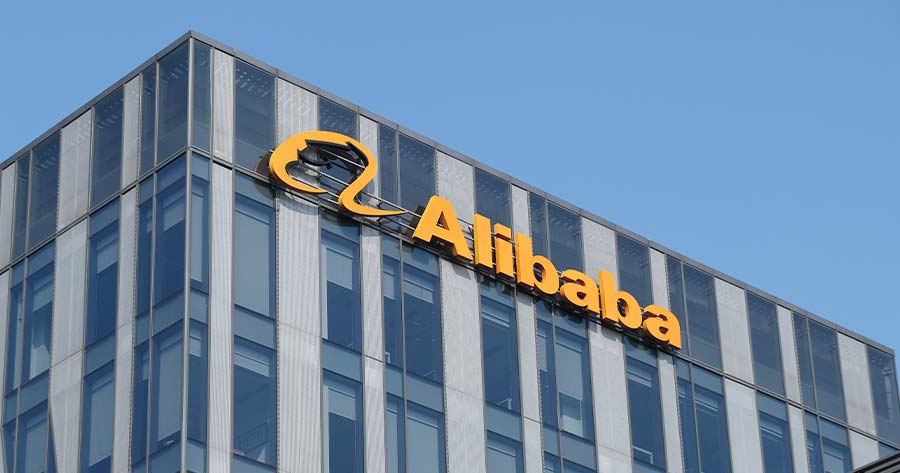Alibaba Group has significantly outpaced its sector peers, outstripping the performance of the KraneShares CSI China Internet ETF (KWEB) by a remarkable 364 percentage points over the last quarter. JPMorgan analysts attribute this exceptional rally to Alibaba’s robust cloud business growth in the second quarter of 2025, as well as the management’s clarity and conviction in its strategies around food delivery and quick commerce.
Following attendance at Alibaba’s Apsara conference in Hangzhou, JPMorgan has grown increasingly optimistic about AliCloud’s potential to drive future revenues—particularly with external customers—and its growing synergy with the domestic e-commerce business. The bank’s view is that recent advances in both its cloud operations and local e-commerce justify a richer valuation. The narrative around Alibaba is shifting, in their view, from a lagging market player to a premier asset within China’s internet sector.
Reflecting this improved outlook, JPMorgan has raised its cloud revenue forecasts for fiscal years 2027 and 2028 by 2% and 6% respectively, citing stronger expectations for generative artificial intelligence (GenAI ) adoption and AliCloud’s improved ability to monetize these advances. Adjusted EBITA forecasts for Alibaba’s China e-commerce segment have also been boosted by 2% (FY27) and 3% (FY28), as the value delivered through AliCloud’s AI services increases.
Accordingly, JPMorgan upgraded its price target for Alibaba shares to $245 (HKD 240), up from $170 (HKD 165), reflecting both better financial projections and an increased valuation multiple.
AliCloud saw its revenue growth accelerate to 26% year-over-year in the second quarter of 2025, a streak now lasting eight consecutive quarters. The primary drivers have been surging demand for GenAI in sectors like internet, autonomous driving, and embodied intelligence. As GenAI rests on robust digitization levels and the real-time collection of data, its uptake has initially been concentrated in these industries, but the trend is broadening quickly as more sectors shift towards generative AI solutions.
JPMorgan expects the diffusion of GenAI in China to surpass the prior SaaS adoption wave, arguing that efficiency gains now span language, visual, and agent-oriented workflows—impacting nearly every business function—while deployment is simplified via APIs and agents rather than full retooling of organizational processes.
Over the next one to three years, the bank anticipates that companies will move from merely piloting AI tools to fully automating workflows in marketing, customer service, programming, finance, and supply chain operations over the next 12-36 months.
The synergistic potential between GenAI and e-commerce is also underscored. Theoretically and historically, major gains from technological innovations accrue to consumers (through lower prices, enhanced variety, and improved matches), while platforms like Alibaba can scale up and bolster their take rates, pricing power, and market reach.
For Alibaba, the bank projects merchants will reduce operating costs and lift conversion rates, while consumers benefit from smarter product recommendations, improved content, and more competitive pricing. Notably, as Alibaba’s services such as advertising, tools, and agent platforms assume greater importance in driving outcomes, the company is positioned to revisit and potentially lift its pricing—especially in areas where value-based pricing is justified.
JPMorgan argues that while consumers remain the biggest beneficiaries of these technological advances, Alibaba is well-poised to capture part of the incremental value created, particularly through higher efficacy, return on ad spend, and new agentic workflow subscriptions.




